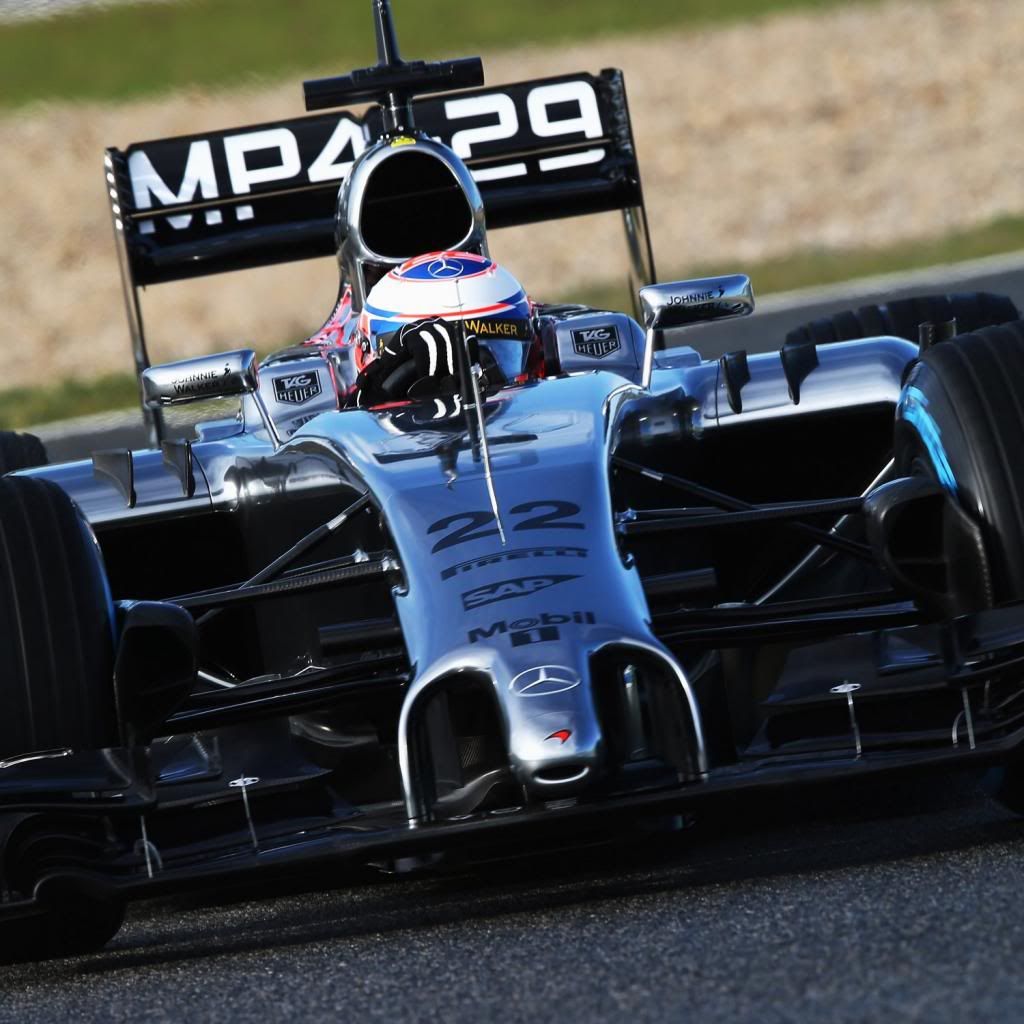raymondu999 wrote:IMO we have to reward high peak results - but we also have to reward consistency. I wonder if a numeric progression is the way to go - why not a geometric progression? Personally I'd like a points system where each additional place higher up rewards a multiple of the place behind it, instead of an arbitrary selection of points. If the numbers add up too fast to be really comfortable viewing - 2^10 is, after all, 1024 - then add one or two decimal points to the end. The decimal would be something most viewers will hate at first - but IMO it's a change that people will get used to. Remember how the current generation cars looked out of proportion on first launch in 2009? With the oddly narrow rear and oddly wide front wings?
IMO while it is unfair that Alonso had races like Spa count against him, as unfair as it was to have Valencia count against Vettel, or Abu Dhabi against Lewis Hamilton etc - I still think we shouldn't do the "discard X races" points schemes - precisely because it hurts some drivers more than others. For example if we had a hypothetical driver last year scoring 20 3rd places that would net him 300 points and he would have been champion above Vettel and Alonso, at 281 and 278. But discarding 4 worst results would put him down at 240 points, versus 273 Vettel and 270 Alonso. We run the risk of punishing innocent consistency.
For a long time I have been thinking about exactly the same, regaring the
points system. Said in the mathematical language; if the top n finishers are awarded
points, the number of
points p awarded for position x <= n would be p = G^(n-x) for a number G which is chosen based on how much one would like to reward race wins (good results) contra good consistency. In your case G = 2 and n = 10, so that the positions 1 to 10 in a race would give respectively; 512, 256, 128, 64, 32, 16, 8, 4, 2, 1
points. If the guy in front of you scores twice as many
points as yourself, you have stronger motivation for trying to push and overtake than what is currently the case. The winner would get half of all the
points that are awarded in a race, compared to the current nearly 25%, which should make it more important to win races than to secure your podium finishes.
Maybe it isn't obvious what balance one should have between rewarding got results on one hand and consistency on the other hand. But if we look at the extreme values of G (defined above) it may be easier to picture the consequences. First, if G is very large, i.e. larger than the number of races, we would end up with Bernie's medal
system where the number of wins decides the championship, the number of second places is only relevant if the number of wins is equal, etc. This would obviously encourage everyone with a title ambition to try and win every race. I think this would be very exciting to watch.
The other extreme would be to make G very close to 1, for example G = 1.001. This would mean you get 507.4
points for a 10th place and 512
points for a win, and something in between for a place between 1 and 10. This would make it virtually irrelevant what place a driver finishes, as long as he is among the 10 best. And would obviously be very careful not to take any risk that might put him outside the top 10. There would definitely not be much battle for the win among championship contenders, as no sane person would risk 511
points in order to maybe gain 1 point. The number of DNFs would be the most significant title decider. Kimi Raikkonen would have been world champion last season with such a
system. And in 2011, the title fight would still have been open until the final race between Vettel, Webber and Alonso, despite Vettels dominance. So a larger G (at least 1.5) would give us fans and viewers the most fun, I believe. Today's
system is pretty close to a G around 1.3.
I think the
points system should be chosen in order to encourage hard racing and make it worth taking some risks to gain a place. Before the last change to the
points system, it was some times a problem that a driver was happy with a 2nd place and didn't challenge for the win, simply to avoid any extra risk. Some races in 2005 with Alonso comes to my mind. Alonso only did what obviously payed off in the championship and scored good
points in most races. While Kimi Raikkonen on the other hand, took more risks and suffered from that. Nürburgring 2005 where his tyre failed on the last lap comes to my mind.




